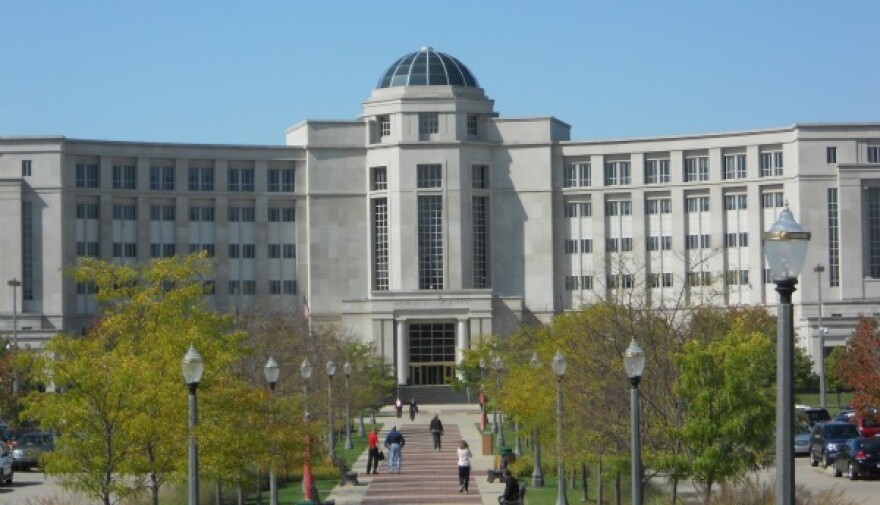The Michigan Supreme Court in the new year will decide whether counties can continue to hit the jackpot when foreclosing on properties.
Counties routinely sell real estate when taxes are long overdue. State law allows them to pocket everything — even if the sales price exceeds the amount of debt. The Supreme Court has agreed to consider whether it adds up to an illegal government taking under the Michigan and U.S. constitutions.
The result will affect thousands of people who have lost or will lose property in tax foreclosures, attorney Andrew Fink said.
Because of a mistake, Uri Rafaeli owed $8.41 on a rental property in Southfield. The bill grew to $285 with penalties and interest. Oakland County sold the house for $24,500 but refused to give him a dime, although the sale easily exceeded the amount of overdue taxes.
Andre Ohanessian, who owed about $6,000, has a similar story. Oakland County sold his 2.7 acres for $82,000 and kept the windfall. In southwestern Michigan, Van Buren County sold a church-owned property for $206,000, well above the debt of $16,750.
"Certainly, everyone should pay their property taxes in full and on time," Fink said in a court filing. "But failing to do so does not justify the theft of a home's entire equity, any more than paying a parking ticket late justifies the theft of your car, or failing to shovel snow off the sidewalk in your front yard justifies the government's theft of your land."
In defense, Oakland County said it's only doing what's allowed under Michigan law. The county said it didn't take property. Rather, it claims Rafaeli and Ohanessian forfeited it.
State law "expressly focuses on the taxpayer's behavior and provides that property subject to delinquent taxes is forfeited," attorney William Horton said.
The state Supreme Court is the latest stop for the case. Lower courts and federal courts have ruled in favor of counties, although there has been some dissent.
"In some legal precincts that sort of behavior is called theft. But under the Michigan General Property Tax Act, apparently, that behavior is called tax collection," said Judge Raymond Kethledge at the 6th U.S. Circuit Court of Appeals.
A date for arguments at the Supreme Court hasn't been announced.









